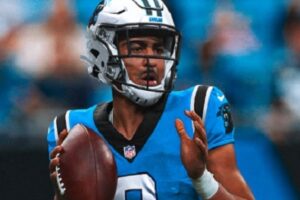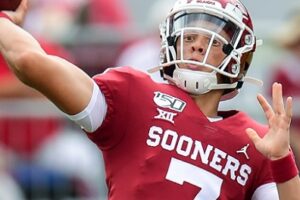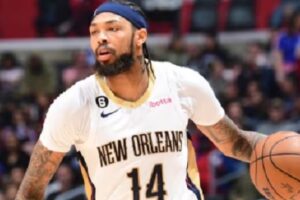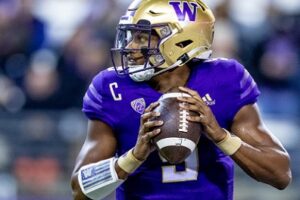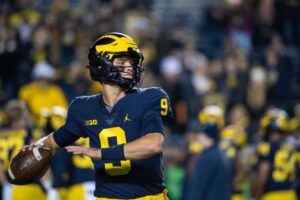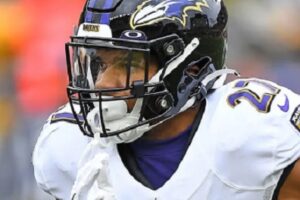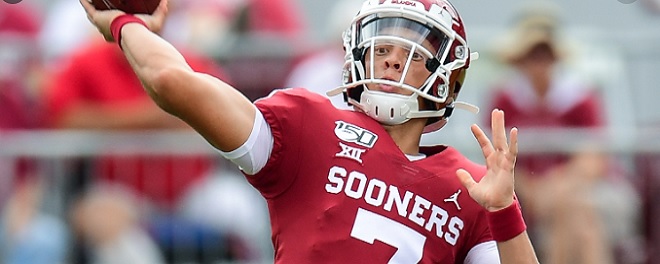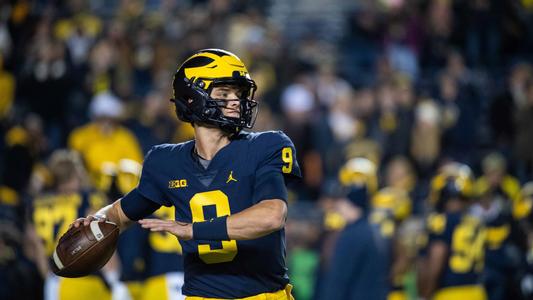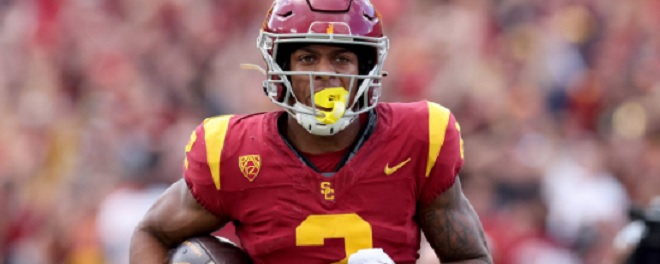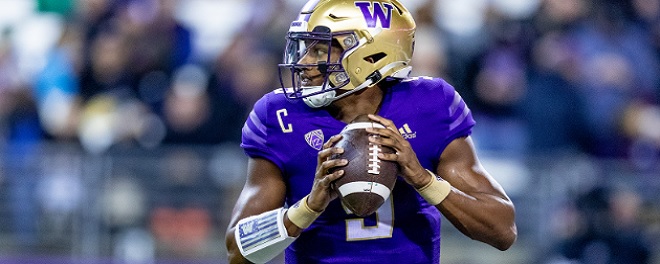By Charlie Campbell, @draftcampbell
Three years ago, we started a series of articles on why certain prospects went undrafted. In that series, I reach out to sources with NFL teams to find out why their organizations passed on drafting a given player, and/or, what were the reasons for other teams to pass on that prospect. We got a lot of positive reader feedback about the series, so we decided to expand in the genre to investigate why some prospects slid in the draft. A year later, we started the Why Slide? series, and this year, it is back. Feel free to email me requests for “Why the Slide?” and “Why Undrafted?” at [email protected]. I can’t promise to get to all of them, but I will do my best and definitely respond.
During the leadup to the 2017 NFL Draft, there were media reports that California quarterback Davis Webb could be a late first-round pick and could go early in the second round if he made it to Friday night. The 6-foot-4, 229-pounder has good size, a quality arm, and athleticism. In 2016, he completed 62 percent of his passes for 4,295 yards with 37 touchdowns and 12 interceptions. In a league desperate to find franchise quarterback options, it seemed feasible that a team could take Webb in the top-60 selections. However, he slid to the back half of the third round before being selected as the 87th pick of the 2017 NFL Draft.
Sources from three teams said that No. 87 is the range that they had Webb on their draft boards, so they felt that was appropriate for him. They didn’t project him as a late first-round or early second-rounder like those media reports. One AFC director of college scouting said his team gave Webb a late third-round grade, which to them is a grade they assign to players with the description of “good backup with potential to grow into a starter.” In speaking to sources at a team that took a quarterback over Webb, they said they didn’t like some of Webb’s decision-making. They also felt his vision needed a lot of work on working through his progressions as he pre-determined too many of his throws. Thus, around the scouting community Webb isn’t really viewed as a player who slid in the draft, rather he was selected in the appropriate range given his draft grade.
Webb came off the board in the back half of the third round to the New York Giants, and that was an excellent landing spot for him. Eli Manning is an aging and declining starter with his best years behind him. Last year in particular, Manning showed a regression in his skill set. Before too long, the Giants will need to identify their starter of the future, and Webb will have the first chance to prove that he is the answer. The Giants have a respected quarterback developer in head coach Ben McAdoo. They also have young talent at wide receiver with a superstar in Odell Beckham Jr., a gifted slot receiver in Sterling Shepard, and a mismatch tight end in first-round rookie Evan Engram. Webb will also have the blessing of time to develop as Manning should be New York’s starter for another couple of years. Getting developmental time could be huge for Webb to improve upon on his weaknesses. I think at the very least, Webb could be a good backup for the Giants with the physical potential to be their starter.
2024 NFL Mock Draft - April 16
NFL Power Rankings - Feb. 22
Fantasy Football Rankings - Feb. 19
NFL Picks - Feb. 12

